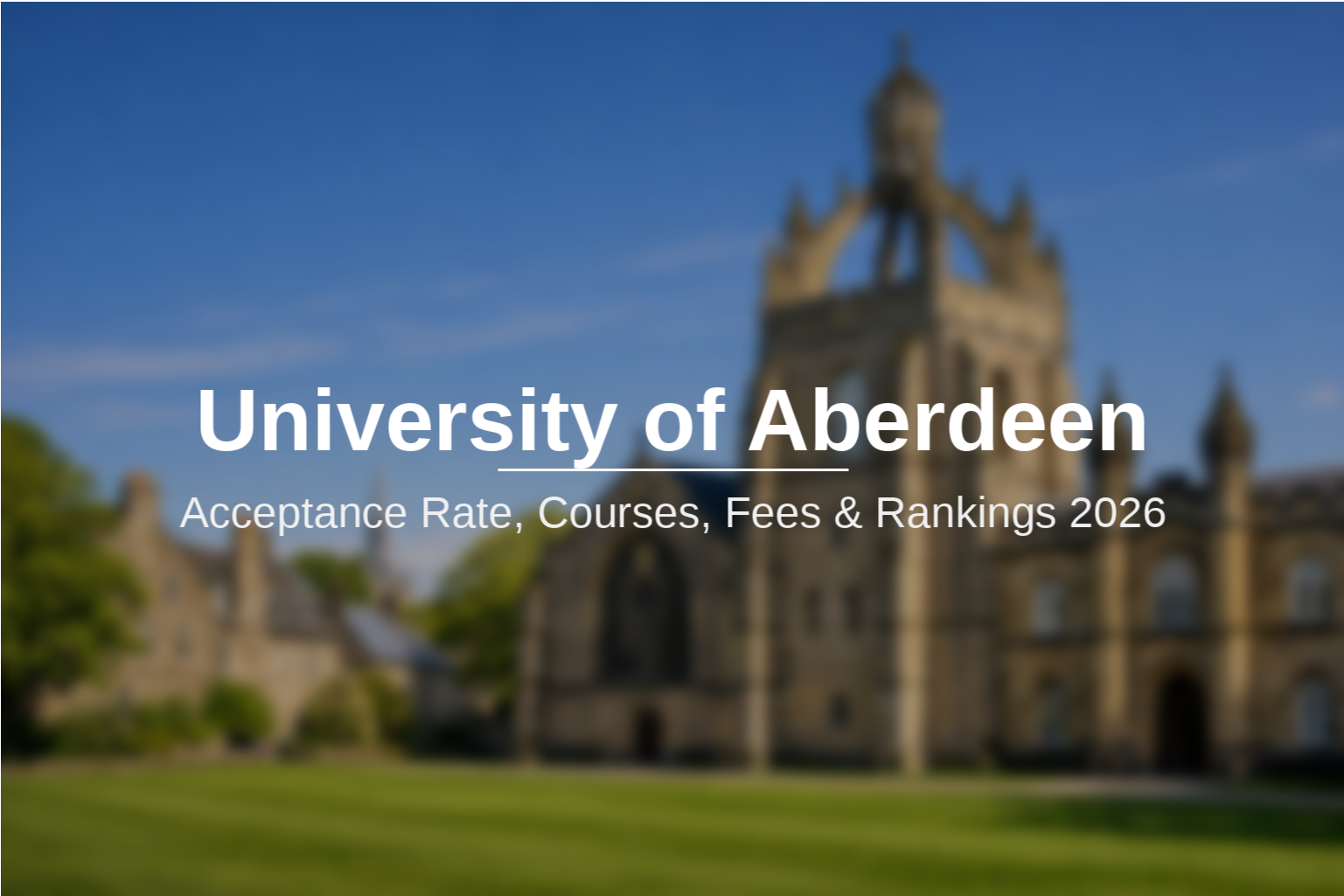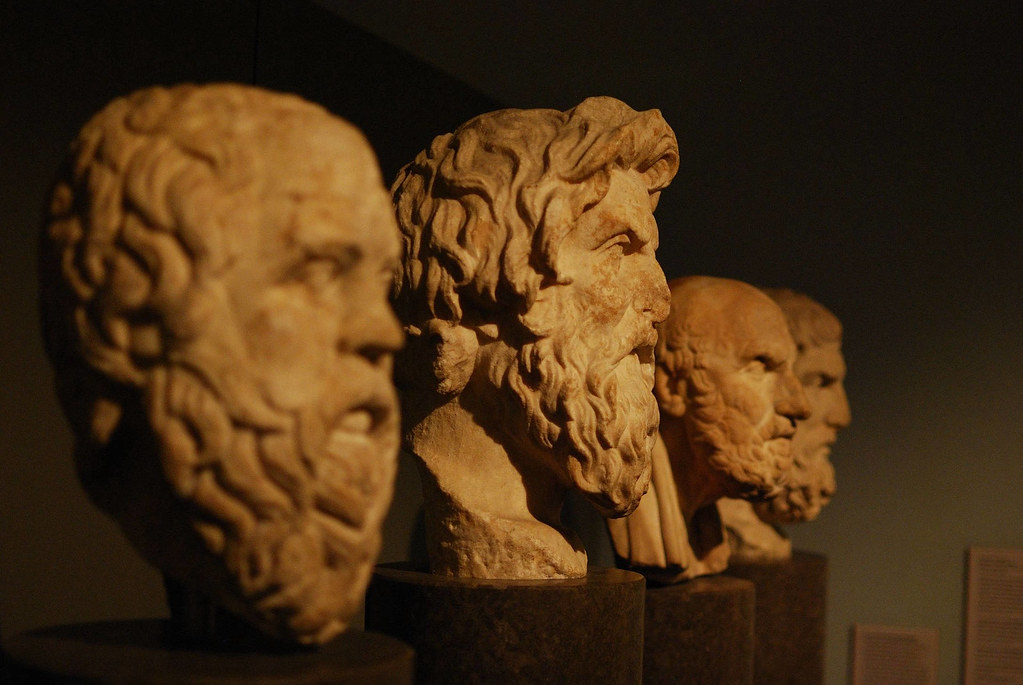You may not have knowledge about the major branches of Philosophy, but you might have wondered why we exist, how we know what’s true, or what makes art beautiful. These questions lie exactly at the heart of philosophy – the ultimate “thinking person’s toolkit.” In this guide, we’ll unpack the branches in philosophy like a detective solving humanity’s oldest mysteries. Whether you’re cramming for an exam or just curious about life’s meaning, you’ll discover how these philosophy branches shape everything from smartphone algorithms to courtroom debates.
What is Philosophy? More Than Just "Loving Wisdom"
The world “philosophy” is originally derived from the Greek word “philosophia”, combined by “philo” (love of) and “sophos” (wisdom). “philo“, meaning “love of wisdom” in the very beginning. Nowadays, philosophy is the study of fundamental questions regarding existence, knowledge, values, reason, mind, language, and more. It involves critical thinking and systematic examination of concepts that underpin human thought, behavior, and the world around us.
4 Core Branches of Philosophy
The study of philosophy is traditionally anchored by four foundational branches that address the most fundamental questions of human existence and inquiry. These core areas—Metaphysics, Epistemology, Ethics (Value Theory), and Logic—serve as the intellectual pillars upon which all other philosophical disciplines are built. Understanding these four branches is essential for navigating the complex landscape of philosophical thought.
1. Metaphysics: The Blueprint of Reality
What it studies: Metaphys the major branch of philosophy. It investigates the fundamental nature of existence, exploring concepts like time, space, causality, and consciousness. It asks whether reality is purely physical or if abstract entities (like numbers or moral values) exist independently.
Key questions:
Is free will an illusion?
Can two people experience the same event differently?
Historical roots: Aristotle’s Metaphysics (literally “after physics”) first systematized these questions.
Modern example: The rise of VR technology—where users report feeling “more authentic” in virtual worlds—challenges our definitions of reality. A 2024 Stanford study found 41% of VR users experienced existential questions about their physical existence.
2. Epistemology: The Fact-Checking Department
What it studies: This branch examines how we acquire knowledge, validate truths, and distinguish justified beliefs from opinions. It’s the philosophical foundation of the scientific method.
Key questions:
Can we trust our senses?
Is Wikipedia a valid source of knowledge?
Major theories:Empiricism (John Locke): Knowledge comes from sensory experience.
Rationalism (René Descartes): Reason is the primary source of truth.
Real-life case: During the 2020 COVID pandemic, epistemology became a dinner-table topic as families debated which news sources to trust.
3. Ethics: The GPS for Moral Dilemmas
What it studies: Ethics, one of the main classes of philosophy, analyzes concepts of right and wrong, exploring how individuals and societies should behave. It’s divided into three areas:
Normative ethics (creating moral frameworks)
Applied ethics (solving specific issues like AI rights)
Meta-ethics (examining the nature of morality itself)
Key debate: Utilitarianism (maximizing happiness) vs. Deontology (following moral rules).
2025 crisis: Boston Dynamics’ robot dogs are now used in warfare—should machines make life-or-death decisions? The U.S. Department of Defense recently hired 200+ ethics consultants to address this.
4. Logic: The Rulebook for Rational Debates
What it studies: Logic establishes principles for constructing valid arguments and identifying fallacies. It’s the backbone of computer programming and legal reasoning.
Key concepts:
Deductive reasoning: If A=B and B=C, then A=C
Informal fallacies: Ad hominem attacks, strawman arguments
Pop culture example: The viral “Nerd Logic” meme—where Sheldon Cooper from The Big Bang Theory overly literal interpretations humorously showcase strict logical analysis.
8 Major Sub-Branches and Applied Philosophy
Beyond the four core pillars, philosophy extends into numerous specialized fields that apply fundamental concepts to specific areas of life, knowledge, and culture. These sub-branches, such as the Philosophy of Mind, Political Philosophy, and Aesthetics, explore complex modern dilemmas and historical traditions, demonstrating the vast and ever-evolving scope of philosophical inquiry.
5. Aesthetics: The Science of Beauty
What it studies: Beyond “what’s pretty,” aesthetics explores why certain sounds, images, or stories evoke emotional responses. It questions whether beauty is objective or subjective.
Key movements:
Classical (Plato’s ideal forms)
Postmodern (Banksy’s street art challenging traditional beauty standards)
Tech twist: When Spotify’s AI DJ curates playlists, is it practicing aesthetics? A 2024 MusicTech survey found 58% of listeners couldn’t distinguish AI-generated playlists from human-made ones.
6. Political Philosophy: Power, Freedom, and TikTok Bans
What it studies: This branch of philosophy examines the legitimacy of governments, concepts of justice, and the balance between individual liberty and collective security.
Key thinkers:
Thomas Hobbes (advocate of strong central authority)
John Locke (natural rights theorist)
Modern clash: The 2023 U.S. TikTok ban debates pit national security concerns (Hobbesian perspective) against free speech rights (Lockean view).
7. Philosophy of Mind: Your Brain’s Hidden Code
What it studies: This field explores consciousness, mental states, and the relationship between mind and body. The “hard problem of consciousness” asks why subjective experiences exist at all.
Key theories:
Dualism (mind and body are separate)
Physicalism (consciousness arises from brain activity)
Tech frontier: Neuralink’s brain implants reignite debates—if a chip stores your memories, is it “you”?
8. Philosophy of Language: Emojis as the New Hieroglyphics
What it studies: How language shapes thought, reality, and social relationships. It analyzes meaning, reference, and communication. It is also one of the main fields of philosophy.
Key concepts:
Linguistic relativity (language influences perception)
Speech act theory (words as actions, e.g., “I promise”)
Gen Z case: The 😂 emoji’s evolution from “laughing” to “awkward tension” demonstrates how meaning is negotiated socially, not dictated by dictionaries.
9. Existentialism: Crafting Meaning in a Chaotic World
What it studies: Existentialism emphasizes individual freedom, choice, and the creation of meaning in an indifferent universe.
Key thinkers:
Søren Kierkegaard (“Leap of faith”)
Jean-Paul Sartre (“Existence precedes essence”)
Millennial connection: The “Quiet Quitting” trend mirrors Albert Camus’ philosophy—workers rejecting burnout culture ask, “If promotions don’t matter, why play the game?”
10. Philosophy of Science: The DNA of Discovery
What it studies: This branch examines scientific methods, the validity of theories, and the limits of scientific inquiry.
Key debates:
Realism vs. Anti-realism: Do scientific models reflect reality or just useful fictions?
Demarcation Problem: What distinguishes science from pseudoscience?
Climate example: Oil companies often misuse Popper’s falsifiability principle to dismiss climate models—despite 97% scientific consensus.
11. Eastern Philosophy: Beyond Yoga Mats
What it studies: Wisdom traditions from Asia, including Buddhism’s Four Noble Truths, Taoism’s wu wei (effortless action), and Confucian ethics.
Modern adoption: Google’s “Search Inside Yourself” program—teaching mindfulness to employees—combines Zen meditation with corporate productivity. May be one of the different kinds of philosophy.
Key contrast: Unlike Western philosophy’s focus on debate, Eastern traditions emphasize experiential understanding through practices like meditation.
12. Feminist Philosophy: Rewriting the Rulebook
What it studies: This branch critiques patriarchal structures, analyzes gender constructs, and redefines concepts like justice and knowledge from marginalized perspectives.
Key works:
Simone de Beauvoir’s The Second Sex (“One is not born, but rather becomes, a woman”)
Judith Butler’s gender performativity theory
Tech paradox: While 92% of voice assistants (Siri, Alexa) use female voices, only 18% of AI engineers are women—a disparity feminist philosophers call “digital pink-collar labor.”
Other 5 Branches of Philosophy: From Climate Grief to AI Souls
13. Environmental Philosophy
Focus: Humanity’s relationship with nature, animal rights, and ecological ethics.
Key concept: Deep Ecology—viewing humans as part of ecosystems, not dominators.
Real-world impact: Ecuador’s 2023 constitution grants legal rights to rivers and forests, citing Indigenous sumak kawsay (harmonious living) principles.
14. Philosophy of Technology
Focus: Ethical and existential implications of AI, social media, and biotechnology.
Hot topic: AI Consciousness—if ChatGPT develops self-awareness, should it have rights? Microsoft’s 2024 ethics board spends 30% of meetings on this issue.
Shocking stat: 62% of people in a MIT study preferred AI therapists to humans, citing “less judgment.”
15. Postcolonial Philosophy
Focus: Critiquing colonial legacies in knowledge systems, cultural representation, and power dynamics.
Key thinker: Frantz Fanon (The Wretched of the Earth)
Current issue: The British Museum’s refusal to return Benin Bronzes sparks debates about cultural reparations.
16. Global Philosophy
Focus: Bridging Eastern/Western traditions and Indigenous knowledge systems.
Example: Māori whakapapa (genealogy connecting humans to nature) influencing New Zealand’s environmental policies.
17. Philosophy of Education
Focus: The purpose of learning, curriculum design, and ethics in teaching.
2025 trend: “Epistemic Humility” courses teach students to acknowledge knowledge limits—a response to social media’s “I’m 100% right” culture.
Why These Branches of Philosophy Will Rule 2025
AI’s Existential Crisis: When an AI-generated novel wins the 2025 Pulitzer Prize, debates about creativity and authorship will explode.
Quantum Spirituality: TikTok’s #QuantumMindset trend (6.1B views) merges Schrödinger’s cat with manifesting rituals—“Be employed AND a digital nomad!”
Climate Ethics: Greta Thunberg’s “How dare you?” speech mirrors Stoic philosophy—focusing on actionable change amid chaos.
Philosophy for Students: From Classroom to Career
If you’re a student dominated by the charm of the diverse branches of philosophy, you will find it not only words or knowledge on the paper but also the guidance for everyday life. Of course, students plan to study philosophy may want to know more useful resources about it. So let’s check out some of the top philosophy universities for your future study and related careers that your an put what you’ve learned into practice.
Top 10 Philosophy Schools Worldwide
| Top 10 Philosophy Schools Worldwide | ||
|---|---|---|
| University | Strengths | Highlights |
| University of Oxford (UK) | Analytic philosophy, AI ethics | Famous alum: J.R.R. Tolkien (applied mythological philosophy to Lord of the Rings) |
| Harvard University (USA) | Political philosophy, ethics | Notable course: “Ethics of Genetic Engineering” co-taught with MIT biologists |
| Sorbonne Université (France) | Continental philosophy, existentialism | Unique perk: Access to Sartre and de Beauvoir’s original manuscripts |
| National University of Singapore | Comparative East-West philosophy | Industry link: Partners with tech firms on AI governance research |
| University of Melbourne (Australia) | Environmental philosophy | Fieldwork: Study Aboriginal land ethics in the Outback |
| University of Cambridge (UK) | History of philosophy, epistemology, and metaphysics | Famous alum: Bertrand Russell (pioneering figure in analytic philosophy) |
| University of California, Berkeley (USA) | Philosophy of science, philosophy of mind, logic | Industry link: Collaborations with Silicon Valley firms on the philosophy of artificial intelligence and ethics |
| The University of Chicago (USA) | Political philosophy, continental philosophy, existentialism | Unique perk: “Chicago School” approach, combining philosophy with social science and humanities |
| The École Normale Supérieure (ENS) (France) | Continental philosophy, phenomenology, critical theory | Famous alum: Michel Foucault (famous for his work in postmodern philosophy and social theory) |
Surprising Philosophy Careers
AI Ethics Officer
Salary: $145k (Glassdoor 2024)
Employers: Google, UNESCO, NATO
Policy Analyst
Use logical frameworks to draft legislation
Example: Canada’s 2023 Online Harms Act citing Mill’s On Liberty
Narrative Designer (Gaming)
Apply aesthetic theories to create immersive stories
Studios: Ubisoft, Naughty Dog
Crisis Management Consultant
Use Stoic principles to guide corporate responses
Clients: Fortune 500 companies, NGOs
Conclusion
The branches of philosophy are like a mental Swiss Army knife—each tool equips you to tackle life’s chaos. Whether you’re arguing about AI rights or choosing pizza toppings, remember: Plato’s ghost is probably trolling your Twitter feed. Stay curious, embrace messy questions, and let philosophy turn 2025’s uncertainties into opportunities.
If you’re thinking about studying in the UK, it’s crucial to find the right student accommodation. That’s where uhomes.com comes in. It’s a reliable platform that helps students like you find the perfect place to live in London, Manchester, Glasgow, Cardiff, Birmingham and many other cities. So far, they’ve helped more than 55,000 students successfully find their dream homes.

FAQ
What are the 7 major branches of philosophy?
The seven major branches of philosophy are: metaphysics (study of reality), epistemology (theory of knowledge), Axiology (study the value), ethics (moral principles), logic (reasoning and argument), aesthetics (nature of beauty and art), and political philosophy (justice and government).
What are the six pillars of philosophy?
The six pillars of philosophy are:
- Logic – The study of reasoning and argument.
- Metaphysics – The exploration of reality and existence.
- Epistemology – The investigation of knowledge and belief.
- Ethics – The principles of right and wrong.
- Aesthetics – The study of beauty and art.
- Political Philosophy – The examination of government, justice, and society.
What are the 10 categories in philosophy?
The ten categories in philosophy, often associated with Aristotle, are:
- Substance – The basic building blocks of reality, what exists independently.
- Quantity – The measurement and extent of things (e.g., size, number).
- Quality – The characteristics or attributes of things.
- Relation – How things are connected or related to each other.
- Place – The location or spatial context of objects.
- Time – The duration or sequence in which events occur.
- Position – The state or arrangement of an object (e.g., sitting, standing).
- State – The condition or situation of an object (e.g., being healthy or wealthy).
- Action – The processes or movements that entities undergo.
- Passion – The reception of action or change, often linked with what is acted upon.
What is the subject of Philo 101?
The subject of Philosophy 101 (often an introductory course in philosophy) typically covers the foundational areas of philosophy. It introduces students to:
- Major branches of philosophy (e.g., metaphysics, epistemology, ethics).
- Important philosophical concepts (e.g., the nature of reality, knowledge, morality).
- Key figures and ideas (e.g., Socrates, Plato, Aristotle, Descartes).
- Basic critical thinking and reasoning skills to analyze arguments and philosophical texts.
How to apply the branches of Philosophy into everday life?
Applying philosophy in everyday life can improve decision-making and critical thinking. Metaphysics helps you reflect on reality and purpose. Epistemology guides you in evaluating knowledge and sources. Ethics aids in making moral choices and treating others well. Logic sharpens reasoning and problem-solving. Aesthetics enhances appreciation for beauty in art and nature. Political philosophy encourages thoughtful civic participation and justice. These branches help you develop a deeper understanding of yourself and the world around you.
Which are the best colleges for Philosophy?
Some of the best colleges for Philosophy include Oxford University, Cambridge University, Harvard University, Princeton University, and Stanford University. These institutions are renowned for their rigorous academic programs, distinguished faculty, and extensive resources in philosophy, covering both classical and contemporary thought.
What are the advantages of Studying Philosophy?
Studying philosophy enhances critical thinking, problem-solving, and analytical skills. It encourages deep questioning and helps develop a strong understanding of ethics, logic, and human nature. Philosophy also fosters open-mindedness, communication skills, and the ability to tackle complex issues, making it valuable in various careers, including law and education.








